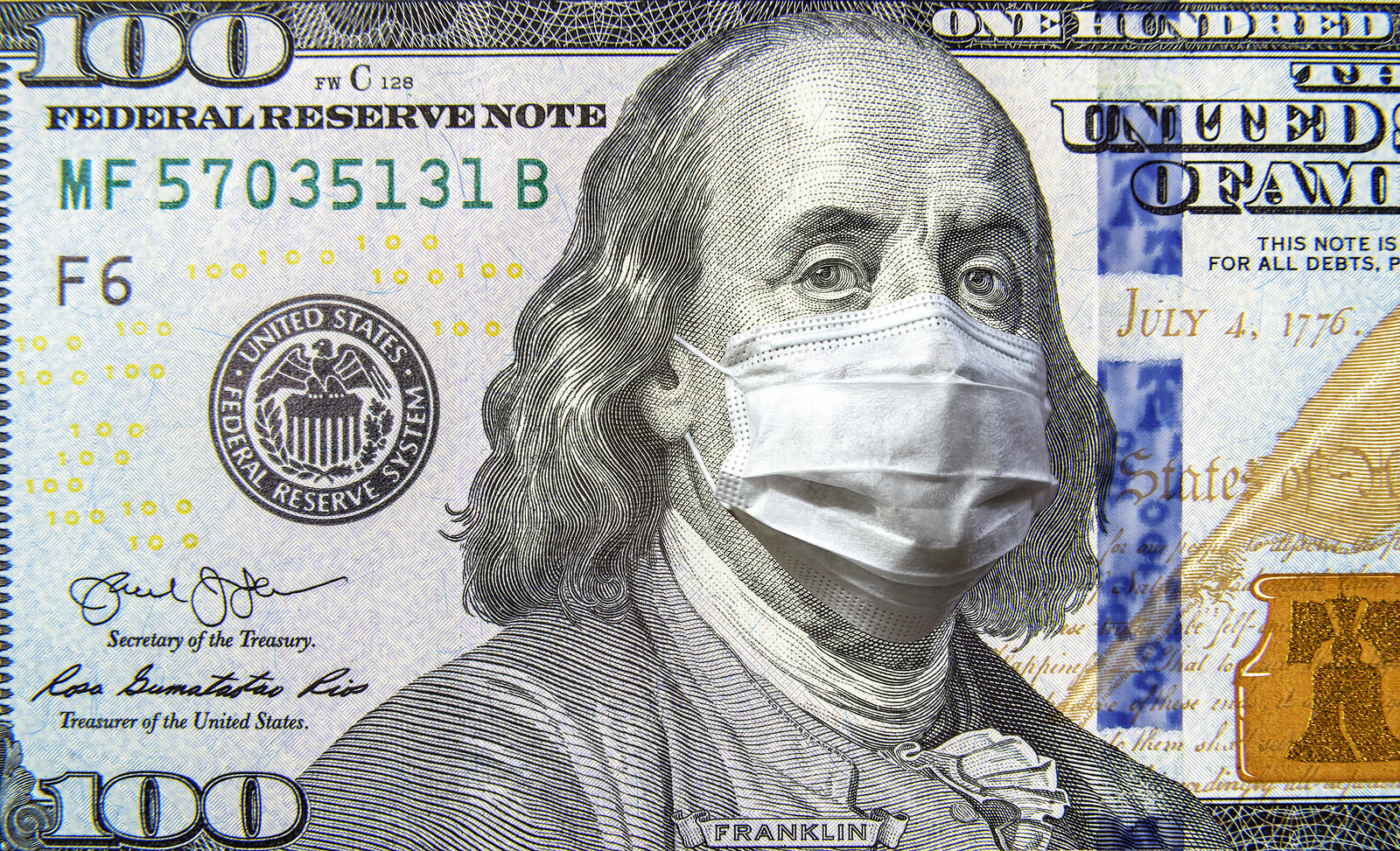The year 2020 introduced many new tax issues that our country has never seen before. We’ve experienced destructive economic repercussions and harm to business activity, uncertain gross receipts, and new expenses born out of pandemic accommodations. To combat the harmful effects of these, the government introduced a variety of aid programs. These included Economic Injury Disaster Loans (EIDL) and Paycheck Protection Program (PPP) loans and other CARES Act provisions to help individuals and small businesses cope in the new and challenging business environment. These all come with tax implications.
Tax Facts and Considerations for 2020
With so many ground-breaking business issues in the past year, it’s essential to use care when figuring out your small business tax liability for 2020. Check out this list of items to consider when discerning the taxes your business might owe for 2020:
- The Cares Act that provided the Payment Protection Plan (PPP) provides a forgivable low-interest loan if used on your qualifying company expenditures. The PPP loans will also be non-taxable, but only if spending falls under specific qualifying guidelines. You must also account for this loan in your 2020 tax reports, or your forgiveness may become ineligible. You might also choose to wait until 2021 to apply for forgiveness, depending on when the loan matures and your current financial situation. Further legislation remains to be seen regarding these tax implications. Consult your tax professional for guidance.
- Some small businesses can deduct 20% of business income when calculating federal income taxes. They must still qualify based on their industry, company type, and how their taxes are paid on business income. There are legal limitations to deduction amounts as well.
- Charity tax exemptions won’t work the same for 2020. State and local personal itemized tax deductions are capped per the Tax Cuts and Jobs Act. Non-itemized tax gifts might be counted as up to $300 to qualifying charities.
- If your small business deferred payroll taxes between March and the end of 2020, document that. You have until December 31, 2021, to pay back the first half and until December 31, 2022, to pay the other half. Check with your accountant to plan the best financial strategy for paying this off.
- If you received unemployment benefits, that income is taxable. You might have had state and federal taxes taken out before receiving payments. If not, you’ll have to pay those taxes in your individual return as well.
- The Cares Act also provides immediate tax refunds from small business operating losses generated in the past three years. You have the option to amend previous returns to account for more losses and may even be allowed to carry unrecompensed losses forward for future tax years. While this can be helpful, the details are complicated, so get counsel on this.
Get Tax Help Now!
It’s never been more critical to consult a good tax accounting professional to make sure you pay the proper taxes for 2020 and not a dime more. Myrick CPA is up-to-date on the current tax implications of how the pandemic and government programs affect your tax liabilities for 2020. Now is the time to schedule your tax meeting with our professionals to determine your 2020 tax liability and have your tax returns calculated to your best advantage. Don’t wait to call us!





